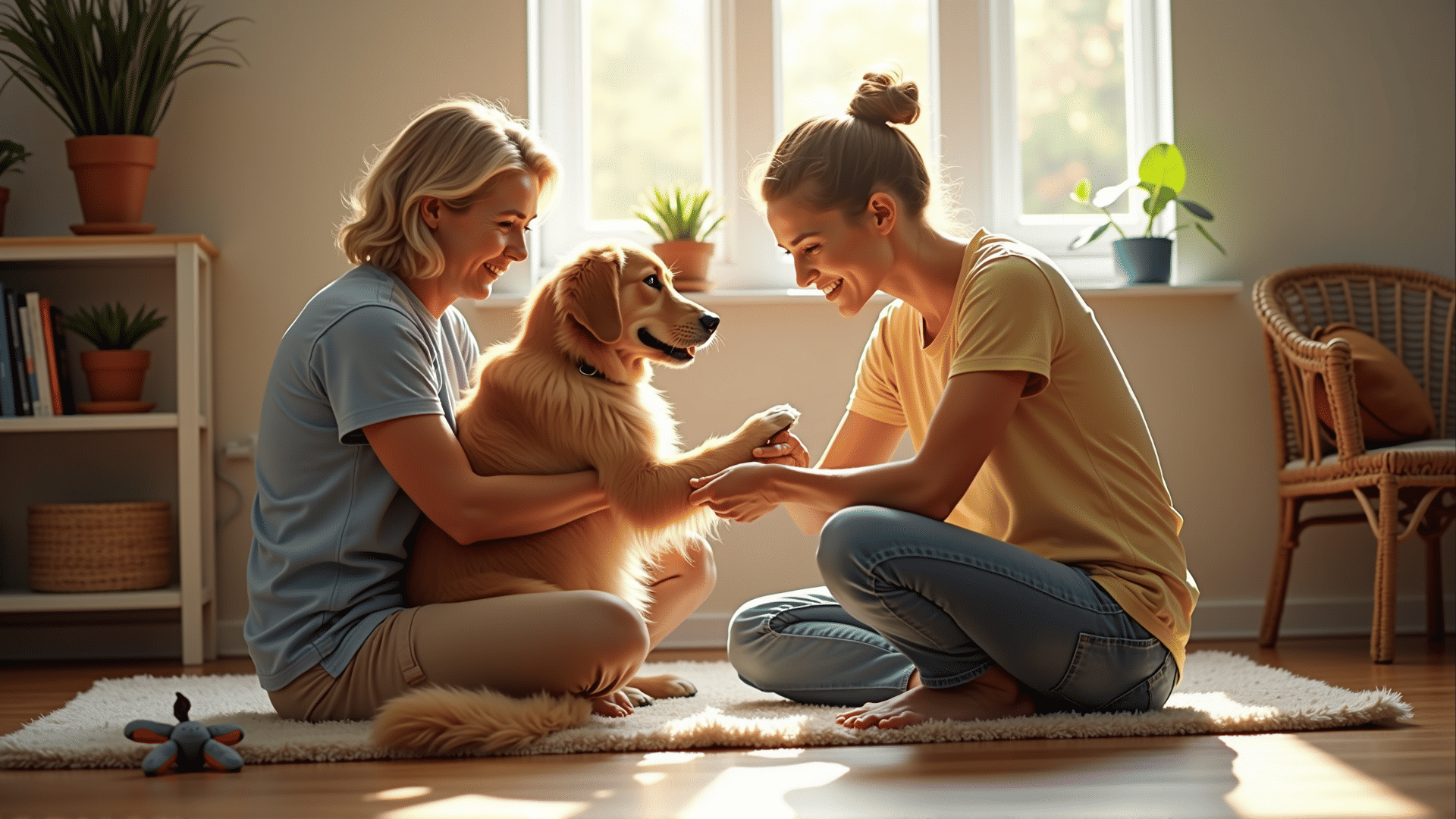Ensuring the well-being of pets is an essential responsibility for pet owners. This involves not only providing basic needs but also implementing additional measures to ensure their health and safety.
Nutrition and Hydration
One of the foundational aspects of pet care is providing a balanced diet tailored to your pet’s specific needs. It's important to choose meals that offer the necessary nutrients for their age, size, and breed. Hydration is equally important, so make sure fresh, clean water is always available.
Regular Veterinary Care
Routine check-ups with a veterinarian are crucial. These visits can help detect health issues early and keep your pet up to date with vaccinations. Consult your veterinarian about preventative measures against parasites such as fleas, ticks, and worms, which can significantly affect your pet's health.
Exercise and Mental Stimulation
Regular exercise is vital for maintaining your pet’s physical health. It helps manage weight, increases overall fitness, and can lessen behavioral issues. Besides physical activity, ensure they have toys and activities that stimulate their minds. This can help prevent boredom and promote mental well-being.
Safe and Comfortable Living Environment
Create a safe space for your pet, free from potential hazards. Secure any dangerous items or substances out of their reach. Comfortable bedding and a quiet area can help them relax and feel secure. Ensure their living space is well-ventilated and at a comfortable temperature.
Identification and Microchipping
Proper identification is essential in case your pet gets lost. Collars with ID tags should include your contact information. Microchipping is a more permanent solution and greatly increases the chances of being reunited with your pet if they wander away.
Socialization
Introducing your pet to new environments, people, and other animals can boost their confidence and prevent anxiety-related behaviors. Proper socialization from an early age is beneficial for pets, helping them adapt to various situations and minimizing stress.
Grooming and Hygiene
Regular grooming keeps your pet clean and comfortable. For dogs and cats, routine brushing helps reduce shedding and prevents matting. Baths should be given as necessary, depending on the type of animal and their lifestyle. Additionally, routine dental care is important to prevent oral health issues.
Safety Considerations During Travel
When traveling with pets, ensure they are secure while in transit. Use carriers, pet seat belts, or partitions in your vehicle to keep them safe. Keep their routine as consistent as possible during travel, and always have their essentials packed for the journey.
Preparing for Emergencies
Having a plan in place for emergencies, including a first aid kit specifically for your pet, is wise. Know the location of the nearest emergency veterinary clinic and keep their contact information handy. Training your pet to respond to specific commands can also be beneficial in emergency situations.
By integrating these practices into daily routines, pet owners can create a nurturing environment that fosters both the physical and emotional health of their furry companions. Taking proactive steps in pet care ensures they lead happy, healthy, and safe lives.
